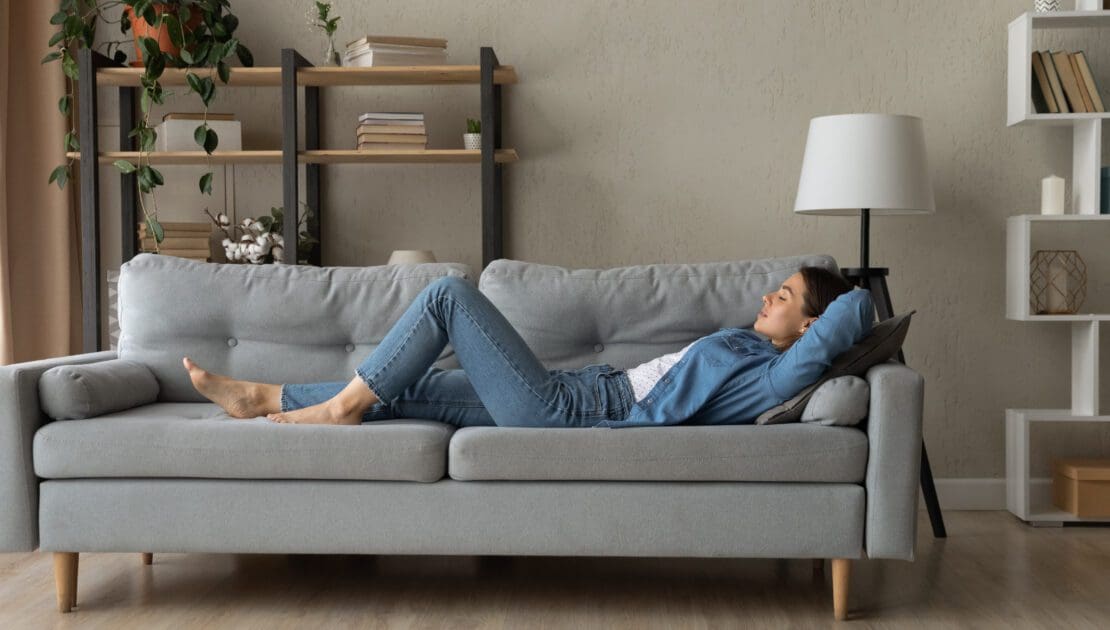As we become more aware of the impacts anxiety and stress can have on our overall well-being, the call for self-care is louder than ever before. For many people, self-care has become another item on their to-do list and an avenue of self-judgment.
Self-care has risen in popularity on social media platforms with videos showcasing aspirational self-care routines. Since self-care emerged as a medical concept in 2016, perceived ways to do self-care “right” have emerged alongside many more ways to do it “wrong.” Outside pressure can make self-care feel more like a “to-do” item or a luxury to keep up with than an important aspect to maintain overall health and well-being.
Air purifiers, serums, boutique exercise classes and candles have all been rebranded as the self-care cure to stress, burnout and depression. However, these products alone often do not deliver on their promises. Leaving a yoga class or exiting a bath more stressed than before are examples of someone experiencing the concept of faux self-care.
Faux self-care can be identified in a few ways. It is often something prescribed from outside yourself and usually describes an activity or a product for purchase. Faux self-care may be rigid, requiring certain activities to be done at certain times. Faux self-care may also tell the consumer that a self-care practice is only complete with a specific product.
While there is nothing wrong with candles and wellness products, the idea that there are extra purchase requirements and financial expenses self-care can be harmful. Real self-care is something everyone can do regardless of consumer ability.
Self-care is important for managing stress, lowering the risk of illness and increasing energy. It is something we can all do daily or weekly that focuses on caring for the whole person, such as taking a mindful moment or eating a healthy, satisfying meal.
With self-care, it’s more important to find out what works for you instead of what others may tell you is “right.” Real self-care is a lifestyle and is not static. Sometimes, real self-care involves eliminating items or activities that do not serve the person, and real self-care will never warrant comparison.
Self-care looks different for everyone, so it may take each person time to find what they need and enjoy. It’s important to be compassionate along the way. Often, the first step on a self-care journey is setting boundaries to make space for ourself.
Self-care practices can change from season to season based on what life throws our way. Self-care routines can often be the first thing to go when a challenging situation arises. That’s OK! Reset and try again when you have the time. A good relationship with self-care will help navigate challenging experiences and not add to the stress.

